Math in Computer Science
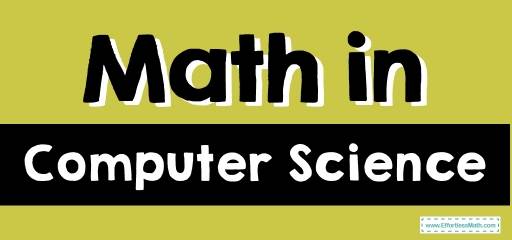
There are 5 different types of Math in Computer Science
- Binary Math
- College Algebra
- Statistics
- Calculus
- Discrete math
There has always been this assumption that certain types of math are not needed in the outside world. That only the basics are required to add, subtract, divide, and multiply. As long as you know these things, you’re good.
Wrong depending on your desired major or field, you need to know so much more. To at least have a firm foundation for the next level. For computer science, it is imperative to know these five types of math.
Computer science is already a complex course that studies computers, computing different applications, hardware, software, and design. Students that aspire to major in computer science often want to be computer scientists.
Math is a key part of computer science. Without having a decent understanding of math, you will have a hard time grasping different languages, and algorithms, interpreting data structures, and differential equations. Why are these concepts important? Because that is how computers work!
Mathematical concepts are infused in the course, such as applying logic, a plethora of functions, and algorithm formulation.
These math courses will provide you with basic fundamental skills for solving problems and thinking out of the box, which is a stepping stone to understanding how computers work.
1- Binary Math
All roads go back to the most basic form of math. Binary Mathematics means something that contains two objects. The two numbers represent many things. The core of computers follows a binary number pattern of 0 and 1, the smallest data unit in computing.
Binary numbers are made of digits. The binary number is important in computers because it makes the number system easy to understand.
Analyzing and deciphering mathematical operations is imperative for beginner-level programming. With binary math, students will master how to work the hexadecimal number system, which is a critical part of computer science.
Not to mention, standard arithmetic is used in many different functions throughout computer science. Plus, adding, subtracting, multiplication, and division never goes away because, in almost every computer or function, you will have to use these symbols.
2- College Algebra
Algebra is a good prerequisite for computer science. The more solid your foundation is in math, the better. Algebra 1, 2 going all the way up to trigonometry will be your best friend in college.
Algebra is an introductory course for undergrad students attending University. The main topics covered in algebra are applications of linear and quadratic equations, Including inequalities, functions, graphs, and the theory of equations.
Followed by the metric solution of equations and basic properties of metrics. So, with college-level algebra, students gain a deeper understanding of how to of these equations and how to use graphs and analyze the data on those graphs specifically.
Students must learn algebra first to understand computer science students building blocks of an algorithm and working mathematical objects. Students are expected to control construct formulas and develop applications or numeral programs to complete scientific computations.
3- Statistics
Statistics is the study of collecting, summarizing, and analyzing data. The subject can be broken down into three parts: sampling methods, descriptive statistics, and inferential statistics.
The sampling method is crucial because it teaches you how data is collected to make credible conclusions and helps to conduct further analysis.
Descriptive statistics are used to summarize or highlight important aspects of the data collected. Using graphs or calculations to solve the problem is all forms of descriptive statistics.
Finally, infernal is about making predictions from the data.
Other topics in statistics are skewness, regression, analysis of variance, and kurtosis, which are all part of statistical data.
The statistic is used for experimental design to collect data, distribute our ability, group differences, dimension reductions, and visual communication.
In computer science, statistics is used for data mining, speech recognition, vision and image analysis, data compression, understanding algorithms, network, and traffic modeling.
4- Calculus
Calculus is just one of those subjects you can’t dodge. For intense math, majors like computer science or engineering. Calculus is a prerequisite, and to even get to this point, you must have advanced knowledge in math.
Students will have needed to take 3 semesters of calculus to prepare for computer science. Calculus is an ever-changing mathematical study once called infinite math.
The mathematical study examines continuous change, and specific problems like properties, integrals, and derivatives of functions.
Calculus 1 introduces calculus, which examines the function of a single variable, variable, rate, and change. Students will learn how to calculate the rapid rate of a change in an instant problem rate a change through the derivative and solve the accumulation of a function over a specific interval.
Major topics that are covered in calculus are differential calculus and internal calculus. Differential calculus deals with the continuous state of change and the slope of a curve.
Internal calculus explicitly examines the accumulation of qualities and areas of curves. In computer science, calculus is used to create graphs and visuals, simulations solving applications, code in applications design and analyze algorithms, and statistic solvers.
5- Discrete Math
Discrete math is the study of discrete objects. Discrete math covers images, graphs, and statements of logic, number theory, recurrences, and probability.
Discrete math is a perfect introductory start to computer science because it’s used in many areas like Computer architecture, algorithms, databases, programming, machine learning, operating systems networks, and computer security.
Full mastery of problem-solving is critical in computer science. When you finally get to composing more complicated software, you’re going to have to know how to think out of the box.
For students who enjoy problem-solving, thinking abstractly, and just solving problems by showing more work and explaining it, then discrete math is perfect. Grow your knowledge with this entry-level course for computer science.
Related to This Article
More math articles
- Praxis Core Math Worksheets: FREE & Printable
- The Ultimate 6th Grade RISE Math Course (+FREE Worksheets)
- Evaluating Variables and Expressions
- Division Dynamics: How to Solve Word Problems with Multi-digit Dividends and One-digit Divisors!”
- How to Graph Logarithmic Functions?
- Best Equipment for Online Math Tutoring
- What Is a Monomial?
- Top 10 Free Websites for CHSPE Math Preparation
- Top 10 Calculus Books for High School Students
- 3rd Grade TNReady Math Worksheets: FREE & Printable
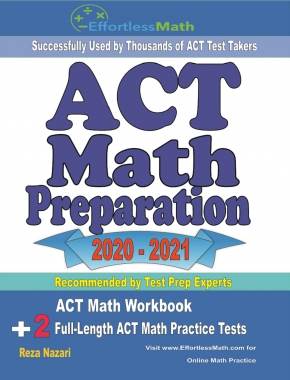
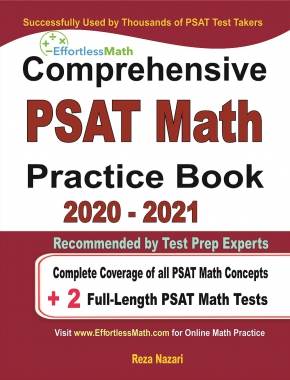
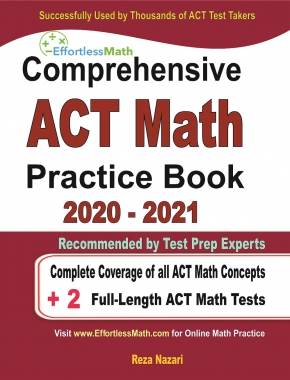
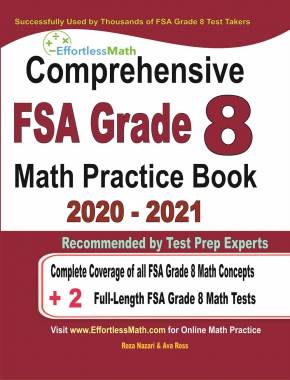
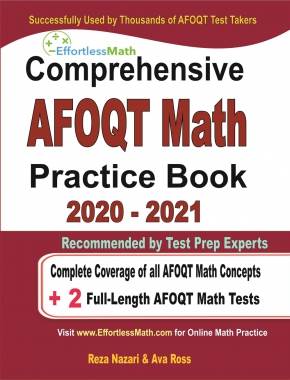
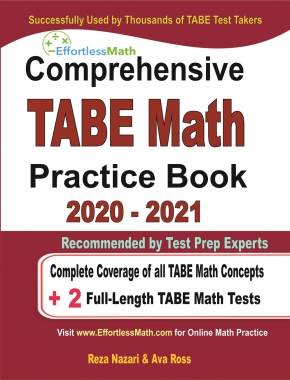
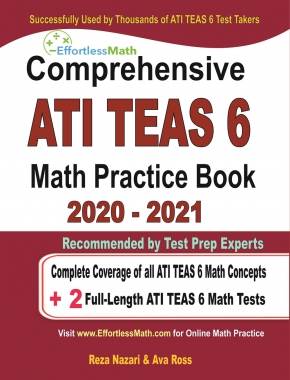
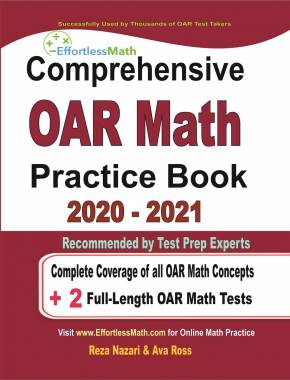
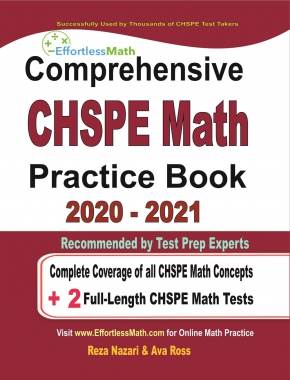
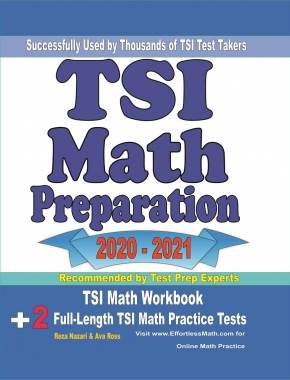
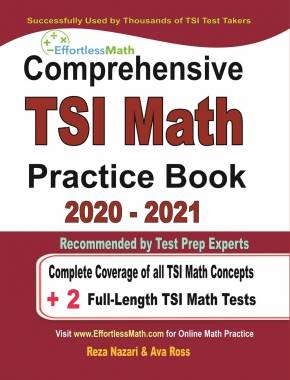
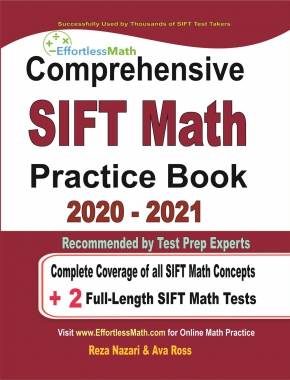
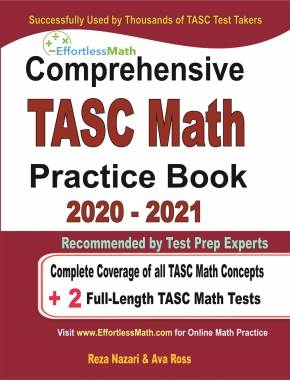
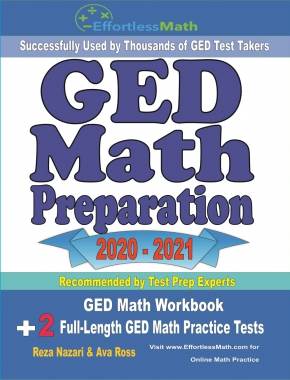
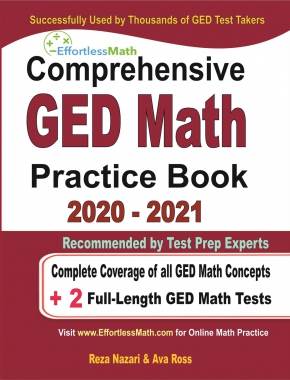

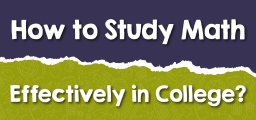
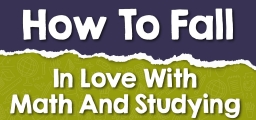
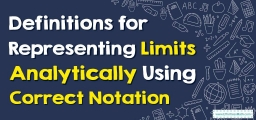
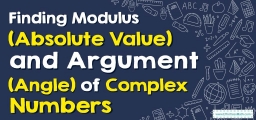
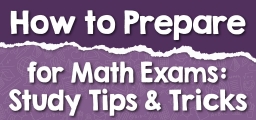
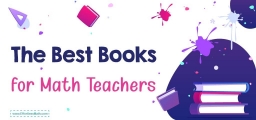
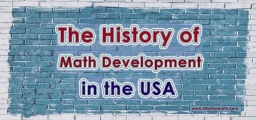
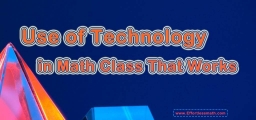
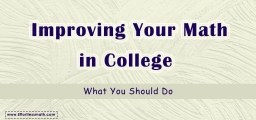

What people say about "Math in Computer Science - Effortless Math: We Help Students Learn to LOVE Mathematics"?
No one replied yet.